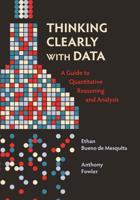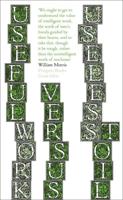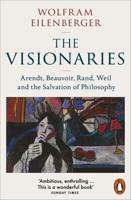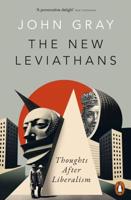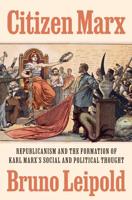Publisher's Synopsis
This timely handbook offers a comprehensive, critical overview of current research on knowledge and expertise in international politics that helps readers navigate the growing literature in the field and explore new research agendas. The handbook is based on a shared understanding that knowledge and expertise matter in politics and that knowledge claims are a form of power warranting critical interrogation. The chapters of Knowledge and Expertise in International Politics take different theoretical starting points to explore the complex relationship between knowledge and politics and investigate whose knowledge matters politically, why, how, and with what effects. The contributions are organized into five perspectives, highlighting the role of actors, practices, contexts, structures, and relations in the (re)production, circulation, and contestation of knowledge. Further chapters explore central knowledge debates and cutting-edge avenues for future research in the International Relations (IR) discipline. The handbook addresses themes such as the ethics and politics of knowing, new technologies, and ways to democratize, decolonize, and pluralize politically relevant knowledge. Bringing insights from different sub-disciplines and policy fields together in one place, Knowledge and Expertise in International Politics consolidates the international politics of knowledge as a new, transdisciplinary paradigm in the discipline, providing numerous points of connection with debates around pressing global challenges. With original theoretical expositions and granular thematic case studies, it is an invaluable companion to all those interested in adopting knowledge and expertise approaches in research, teaching, and policy work. Chapters 1, 16, 27, 45, and 67 of this work are available under the terms of a CC BY-NC-ND 4.0 International open access licence. These parts of the work are free to read on Oxford Academic and offered as a free PDF download from OUP and selected open access locations.


